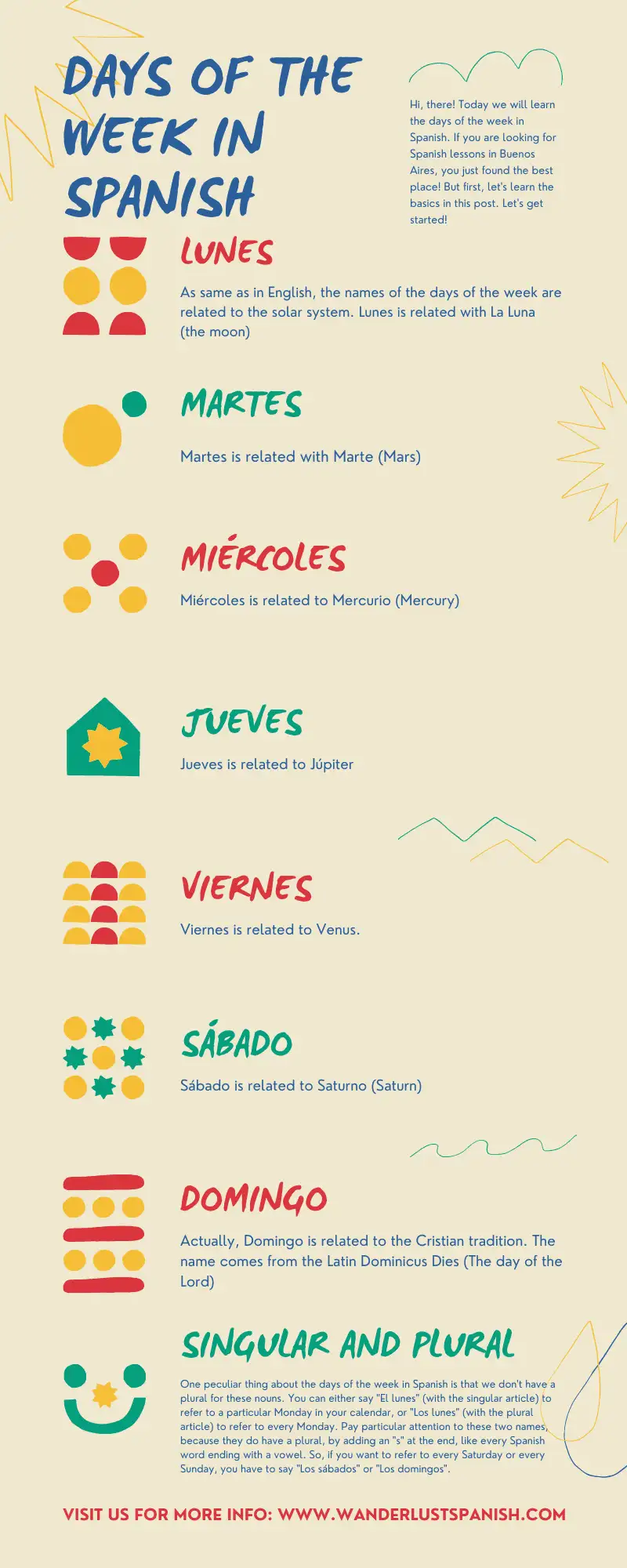Hello, there! Today we will talk about Argentinian Accent. Firstly, let’s clarify that we don’t speak the same way all over the country. But, because Buenos Aires is the capital of the country, as a standard way, you can find the definition of Argentinian Accent as the way we speak in Buenos Aires. Today, we will see some characteristics of this accent. Let’s get started!
It’s easy to learn the Argentinian Accent?
The answer is: Yes, of course! But you’ll need to be very methodic and study a lot! Not because of the difficulty of this particular accent, but, as with every way to speak, you need to be in a proper environment. In other words, live or spend time in the country or consume movies, music, and books in this variety of Spanish.
What are the main characteristics of the Argentinian Accent? Let’s make a list!
- Pronunciation. The letters “Y” and “LL” sound with an “SH” sound. Try the words: Yo, Calle in these songs: Yo no quiero volverme tan loco, Una calle me separa
- Personal pronoun of the second person singular. In most of the country, we use VOS instead of YOU. Check the image below, it’s an advertising from the Buenos Aires City Government. It says: You are in everything.

- Conjugation of the second person singular in the Present Tense. We put the stress on the last syllable of the word. For instance, we say “Vos comés” instead of “Tú comes”. Pay attention to the irregular verbs, cause in that case the word changes. If the verb is irregular, like for example, the verb “TENER”, you would say TÚ TIENES. But, in Argentina, we don’t make irregular the second person singular in the present tense. So, we say VOS TENÉS (we also put the stress on the last syllable, like in the regular verbs). Listen to this song to check some examples.
Another characteristics of Argentian Accent
We have our own slang, of course, as every variety of the language has it. In Buenos Aires, the most popular slang is the Lunfardo. It’s a mix of Spanish and some words in Italian very used in Tango songs. Here you have some examples:
- Laburar: It means “Trabajar” (to work) and it comes from the Italian: lavorare.
- Mina: It means “Mujer” (Woman) and it comes from the Italiana: minna or from the Lusitan: menina.
- Bacán: It means something similar to the English word “Posh”. It comes from Genovese: bacan.
- Engrupir: It means “Engañar” (to cheat) and it comes from the Genovese: groppo.
Would you like to learn more Spanish in Buenos Aires? Contact us and claim your free trial class!









